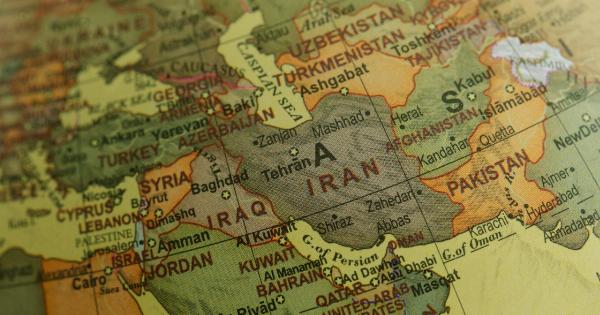The economic crisis is a difficult period for any economy, and it often leads to stress for its citizens.
According to a recent study conducted by Google, economic crises have far-reaching effects that can cause stress and anxiety among people from different walks of life.
Increased Uncertainty and Fear
One of the primary reasons for stress during economic crises is the increased level of uncertainty and fear among people. Individuals are unsure about the future of their incomes, their job security, and the long-term stability of the economy.
This often leads to a sense of helplessness and anxiety.
Pressure to Achieve Financial Stability
Surviving an economic crisis requires individuals to take specific measures to stabilise their finances. People often feel the pressure to make ends meet and achieve financial stability.
The pressure to provide for themselves and their families during this period of instability can cause significant stress and anxiety.
Job Insecurity
During an economic crisis, job insecurity becomes a significant concern for many individuals. Workers may worry about being laid off, which can lead to a sense of insecurity and stress.
The prospect of losing one’s job can be overwhelming and can cause anxiety and depression.
Financial Pressures
Another common source of stress during an economic crisis is financial pressure. Many individuals may find themselves struggling to pay their bills or meet their financial obligations.
This can lead to feelings of frustration, guilt, and anxiety, as people become preoccupied with the idea of meeting their financial needs.
Relationship Strain
During an economic crisis, people may become preoccupied with their financial issues, which can take a toll on their relationships. Stress often makes it challenging to communicate effectively with our loved ones.
As a result, people may experience relationship strain, particularly when money is tight.
Struggling to Meet Basic Needs
For many, an economic crisis means struggling to meet their basic needs, such as food, housing, and healthcare. People may feel beguiled or helpless as a result and have difficulty accessing the resources they need.
This financial insecurity and lack of access to basic necessities can cause significant stress and anxiety.
Fear of Losing Retirement Savings
People who have invested in the stock market or retirement plans may feel particularly nervous during an economic crisis when the value of their savings may be plummeting.
The fear of losing one’s retirement savings can cause significant stress and anxiety and lead to feelings of panic and uncertainty.
Lack of Control
The sense of being powerless during an economic crisis can also cause stress. These events are outside of an individual’s control, which can lead to feelings of frustration and helplessness.
Increased Alcohol and Drug Use
During a financial crisis, many people may turn to alcohol or drugs as a coping mechanism. Unfortunately, this can exacerbate the problem, leading to addiction and further financial and emotional hardships.
Conclusion
The economic crisis has far-reaching effects that can cause significant stress and anxiety for individuals. The fear of job loss, financial insecurity, relationship strain, and lack of control can all contribute to these feelings.
By understanding the sources of stress during this difficult time, individuals can take steps to manage their stress and stay healthy.






























